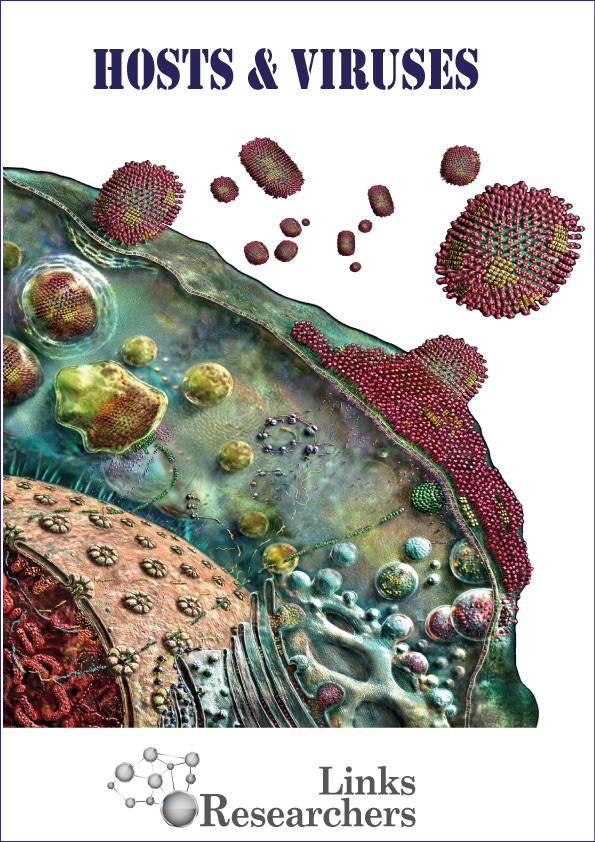Planning, Implementation of Peste des Petits Ruminants Control Programme and Strategies Adopted for Disease Control in India
Planning, Implementation of Peste des Petits Ruminants Control Programme and Strategies Adopted for Disease Control in India
Vinayagamurthy Balamurugan*, Gurrappa Naidu Govindaraj and Habibur Rahman
ABSTRACT
Abstract | Peste des petits ruminants (PPR) is an acute, highly contagious, notifiable and economically important transboundary viral disease of sheep and goats. PPR is enzootic in India as more number of outbreaks have occurred in the past and now occurring regularly, round the year and most frequently during the lean period throughout the country. In some Indian states viz. Andhra Pradesh, Karnataka, and Chhattisgar h the PPR outbreaks in sheep and goats have declined after implementing the strategic mass vaccination programme. The decreased number of outbreaks in recent years as well as changes in the disease severity patterns and distribution might be due to the effectiveness of vaccine, timely vaccination, circulation of a single lineage virus and most importantly effective planning and implementation of the vaccination programme. Sharing the experiences on the PPR control strategies adopted by some of the states in India may motivate other Indian states or other countries of similar socio-economic and small ruminant rearing pattern to vaccinate and control PPR.
To share on other social networks, click on any share button. What are these?





